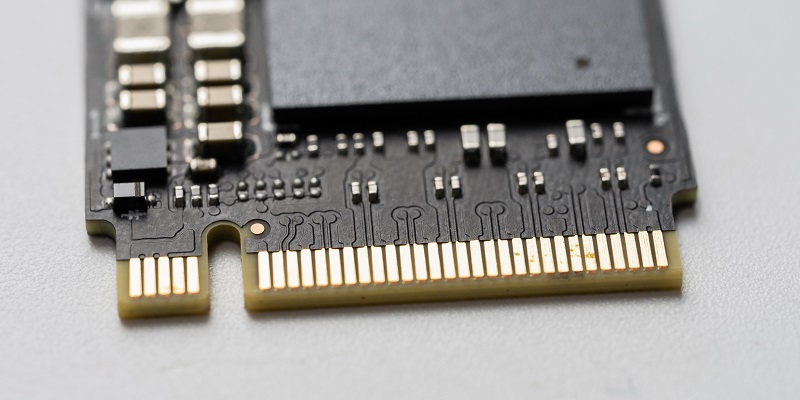The release of Cyberpunk 2077 in December 2020 was highly anticipated, and players eagerly dove into the immersive world of Night City. Despite some initial glitches and bugs, the game quickly became a fan-favorite. Currently, CD Projekt Red is preparing to release a new DLC for Cyberpunk 2077 called Phantom Liberty, which is set to release on September 26th. The DLC promises to add a significant amount of content and changes throughout the game, but there is a catch: it requires an SSD instead of a hard drive. This means that players who want to experience the new content will need to upgrade their storage system, causing some concerns among the gaming community.
The New DLC and Its Impact on Players
The Phantom Liberty DLC for Cyberpunk 2077 will be the first DLC to require an SSD. While this will bring some improvements to the game’s performance, it also means that many players will need to invest in new hardware. The SSD requirement is significant because it enhances loading times, which can be lengthy in Cyberpunk 2077. The game’s world is vast, and moving around it can be sluggish, especially on older hardware.
New System Requirements
The new system requirements for the Phantom Liberty DLC will be in place with the next update for the base game, which is scheduled for release at least 90 days before the DLC’s launch in late September. The new update will make it necessary for players to have an SSD instead of a hard drive. Previously, a minimum specification PC would be okay with a plain hard drive. However, the experience on a hard disk installation of the game is likely to become suboptimal.
Minimum system requirements
The minimum system RAM required to run Cyberpunk 2077 has also increased from 8GB to 12GB. This is a sizeable increase, and it’s just one of several changes. The game’s developers recommend an Nvidia GeForce GTX 1060 6GB, or AMD Radeon RX 580 8GB, or Intel Arc A380 as the new baseline graphics cards required.
CD Projekt Red No Longer Tests on Hard Drives
CD Projekt Red has officially stated that it will no longer test Cyberpunk 2077 on PCs with hard drives. This move proves that the trend of using SSDs is getting stronger and reinforces the need for players to invest in this type of storage. Hard drives are becoming obsolete, and as game developers continue to push the boundaries of graphics and gameplay, SSDs are necessary to keep up.
The Backlash
As you might imagine, there has been some less-than-pleased reaction to a game getting an update that significantly increases its system requirements. Many players have taken to social media to express their frustration, arguing that the added cost of upgrading to an SSD is too much, especially for those who are running the game on older hardware. However, it’s worth noting that upgrading to an SSD is a sensible choice in any case. SSDs offer faster load times, quicker game boot-ups, and better overall performance.
The conclusion seems well-written and free of any grammar or style errors. It provides a clear opinion on the significance of CD Projekt Red’s decision to require SSDs for Cyberpunk 2077’s Phantom Liberty DLC and makes a valid point about the increasing importance of SSDs in modern gaming. Additionally, it gives readers an idea of what to expect from the DLC, and overall the conclusion sounds well-structured.

